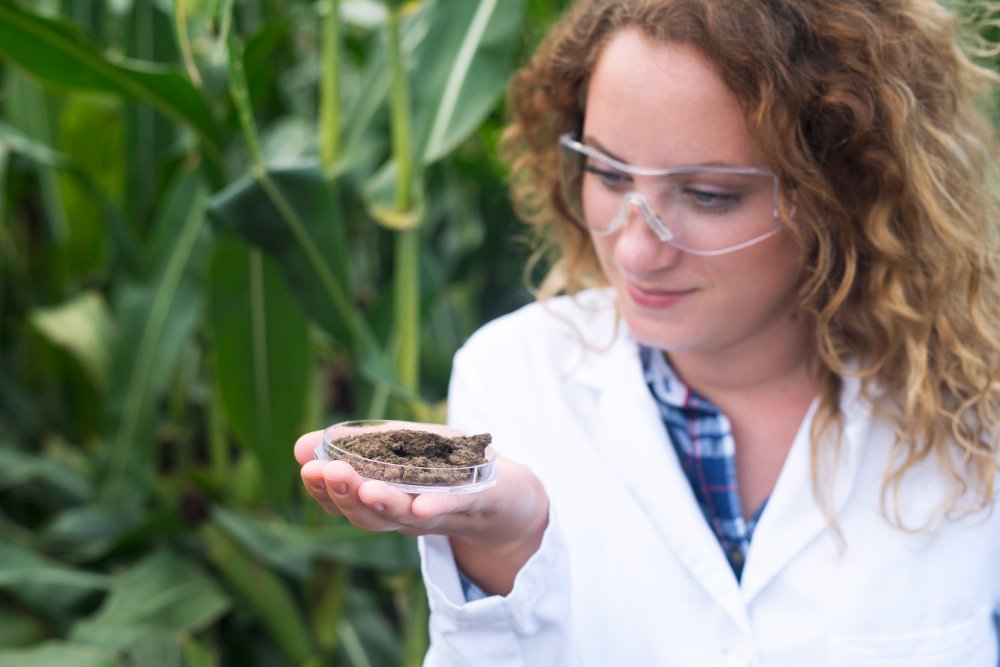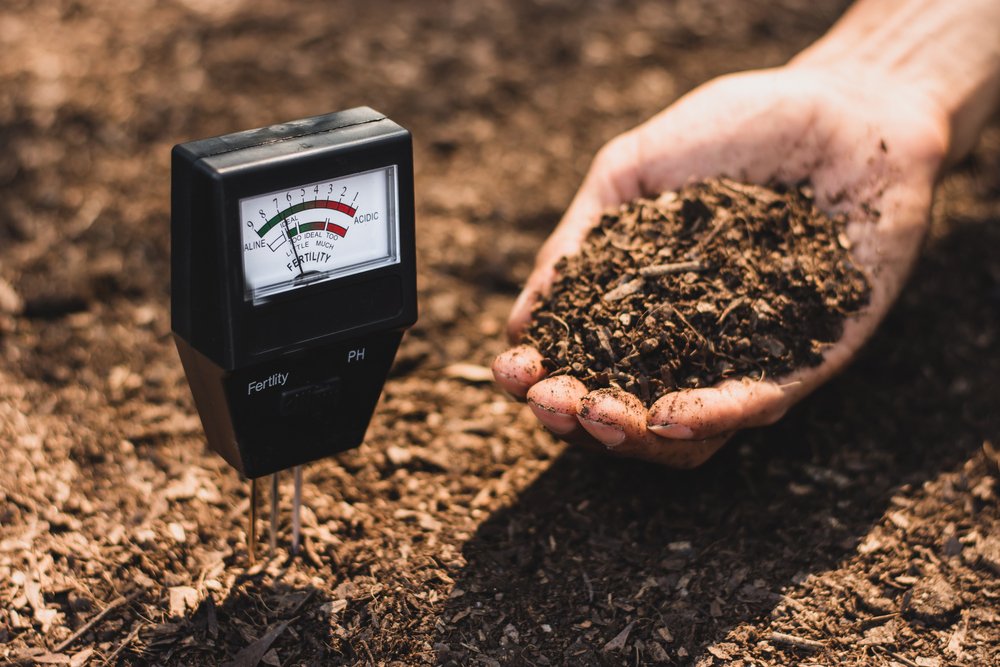Whether you are in construction work, building a house, or using it for agricultural purposes, it is significant that you should know the type of soil. It can potentially impact the purpose of use. With soil testing, it will be easier for you to predict the type of soil, its key features, and other significant components of the soil that impacts its texture. This method is actively used by farmers and land developers in Australia to assess the health of the soil.
A typical process of soil testing involves sample collection from the site. The sample may be collected from the surface or even deeper based on the purpose of use. After collection, the sample is sent to a laboratory for analysis. The results include the following information:
- Soil composition
- Nutrients
- p H levels
- Salinity and more
This information is then used to decide how to manage soil for optimal productivity and sustainability. Soil testing provides many benefits, including comprehensive nutrient analysis that helps identify deficiencies as well as potential problems with toxic elements, healthier soils and plants due to improved fertility, and better crop yields due to more successful planting strategies. However, it also plays a significant role in developing projects like construction sites or new residential areas – regional understanding differences allow engineers and planners to ensure safety regulations are met while ensuring environmental protection too.
Types Of Soil Testing
There are different methods of soil testing, and each of them is specific to asses a particular parameter of the soil. Let’s unfold the details of the same:

Physical testing- In this type of soil testing, the focus is to unfold the physical characteristics and properties of soils. It includes the following:
Sediment analysis
Particle size distribution tests
Texture analysis
Bulk density measurements
This soil analysis provides insight into the water retention capacity, fertility, and nutrient content of the soil. This information is useful for determining the suitability of the soil for various applications, such as agricultural cultivation or construction, by evaluating its strength and stability.
Chemical testing– Another type of testing is to assess the chemical composition of the soil. It analyzes:
Nutrient content
Acidity levels (p H)
Salinity concentrations
Cation exchange capacity (CEC)
Biological testing– The next common type of testing is biological testing. It uses different organisms, such as worms or bacteria, in order to evaluate the biological activity present in the soil. It unfolds the following:
- Microbial life exists within the soil
- Fertility if the soil
Benefits OF Soil Testing
Soil testing is a vital procedure utilized by agriculturists and land developers to evaluate the state of the soil. The outcome yields comprehensive data about the soil’s makeup, nutrient levels, acidity, salinity, and more. This understanding can be employed to take informed decisions on how to cultivate the soil for maximum efficiency and sustainability. Some of the key benefits of soil testing are:
- It provides a comprehensive nutrient analysis of the soil, whether the soil is nutrient deficient or enriched.
- Soil testing also exposes the chemical composition of the soil and discovers whether or not the soil has toxic elements.
- With soil tests, farmers can develop healthier soils and plants due to improved fertility.
- In addition to determining soil fertility, soil tests can also be of great help in development projects.
- Regional differences in soil composition can impact the overall strength of the construction work.
- With proper soil analysis, the soil developers, engineers, and planners can be confident they’re taking all necessary steps to ensure environmental protection while also meeting all relevant safety requirements at the same time.
The Bottom Line
To conclude, one can say that soil testing is important for assessing soil health, which can be used for multiple processes. It provides detailed information about soil composition and properties that helps farmers and land developers make better management decisions backed up by scientific evidence-based research findings. It is crucial to regularly evaluate the condition of the soil and seek assistance from certified soil analysis professionals, who can furnish a comprehensive understanding of the soil’s characteristics.




